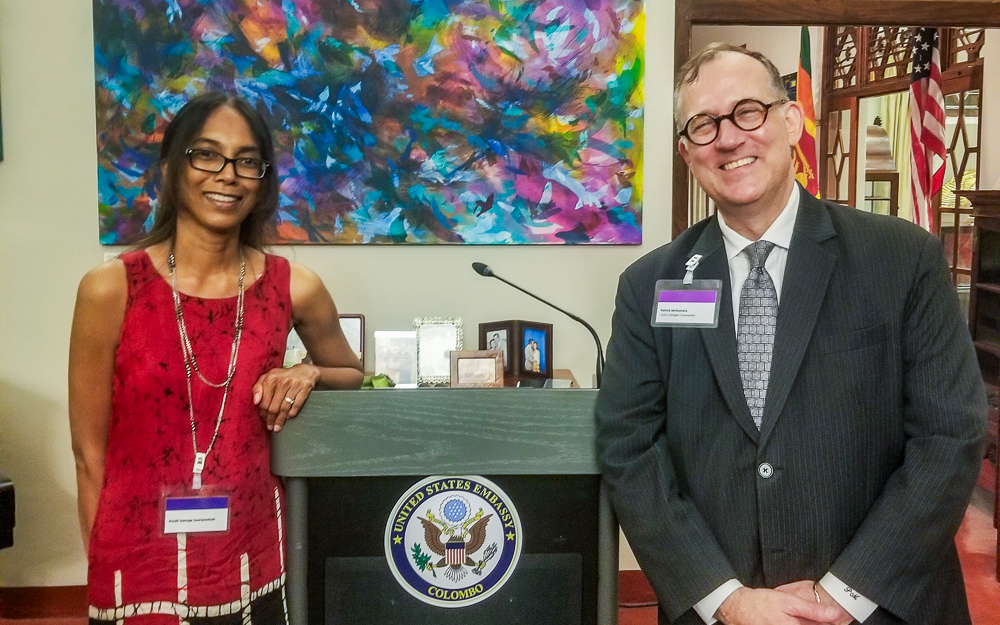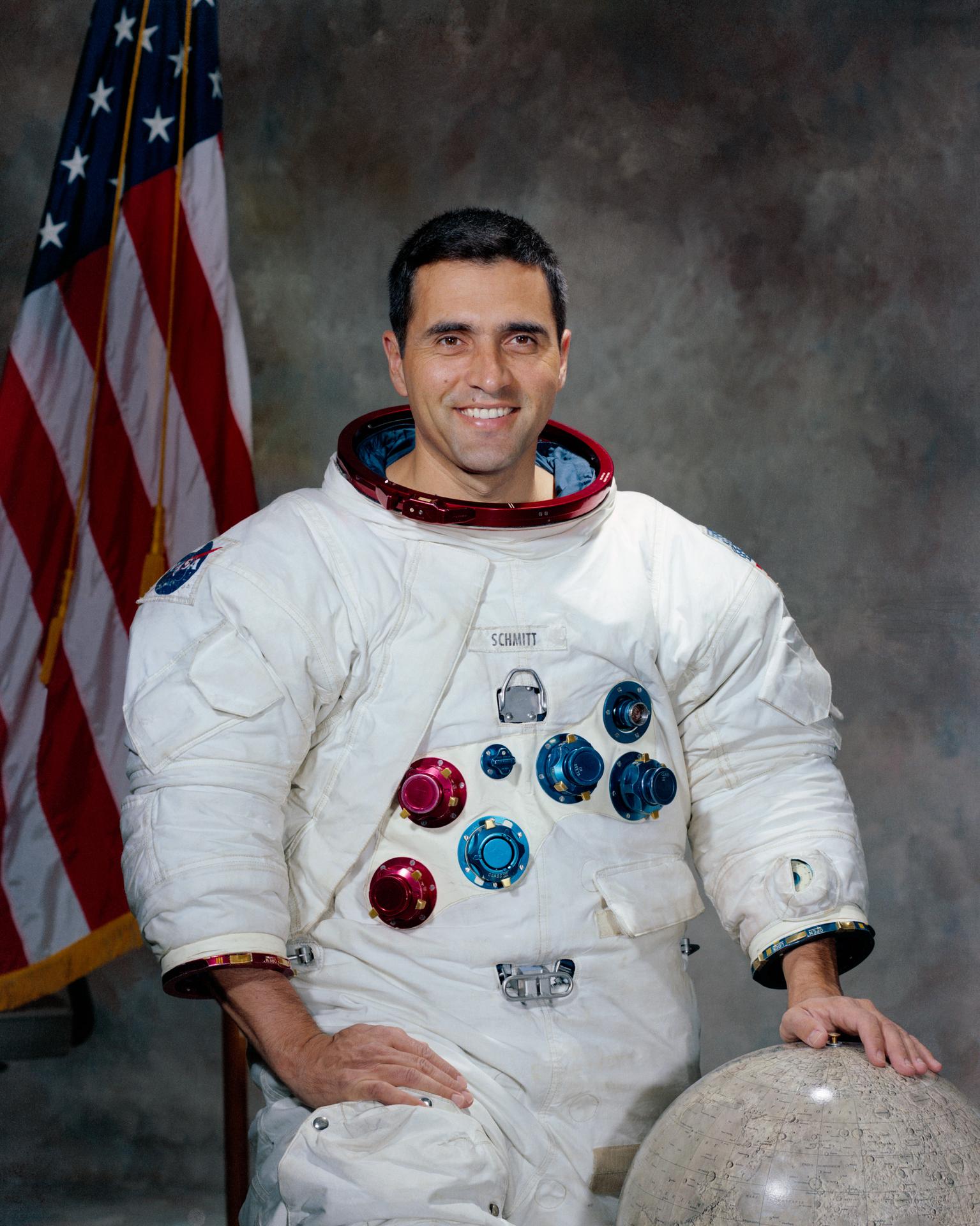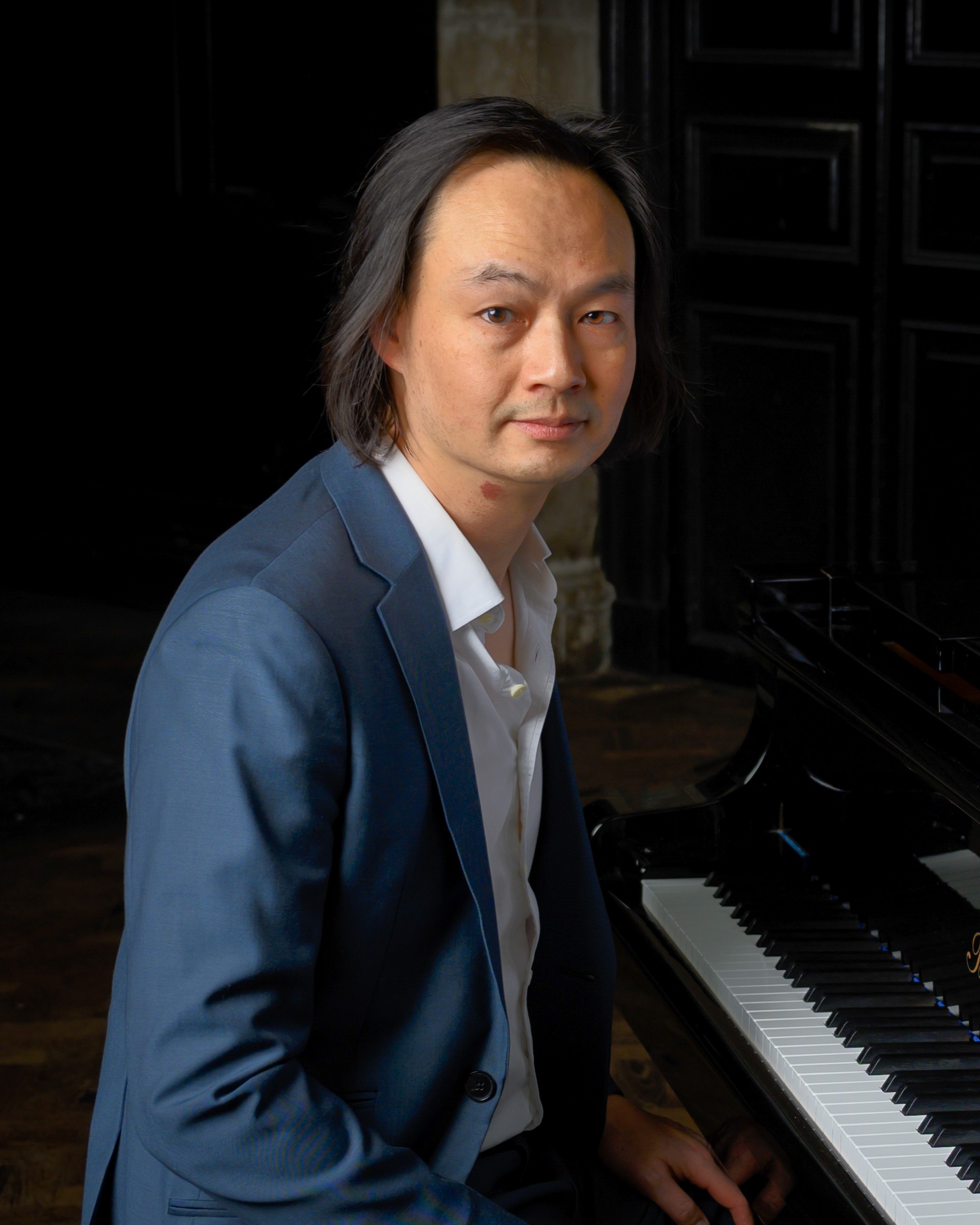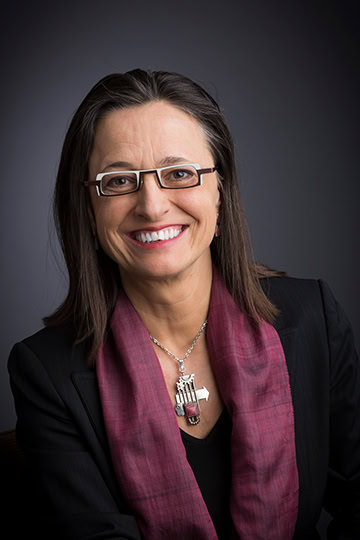

American Geologist Connects with Critical Mineral Experts in Sri Lanka
Fulbright U.S. Scholar Kusali Gamage, a Geology Professor from Austin Community College in Texas, facilitated discussions about graphite supply chains between Sri Lanka and the United States.
J. Michael Kosterlitz
Quantum physics pioneer and Nobel laureate Kosterlitz’s Fulbright experience “opened his eyes to what physics is all about.”
Milton Friedman
As a Fulbrighter, the free market economist brought his vision to the United Kingdom.
Explore Fulbright Programs
The Fulbright Program awards approximately 9,000 merit-based scholarships in the United States and more than 160 countries every year to accomplished students, scholars, teachers, artists, and professionals of all backgrounds and fields. Fulbrighters study, teach, conduct research, exchange ideas, and contribute to finding solutions to complex global challenges.
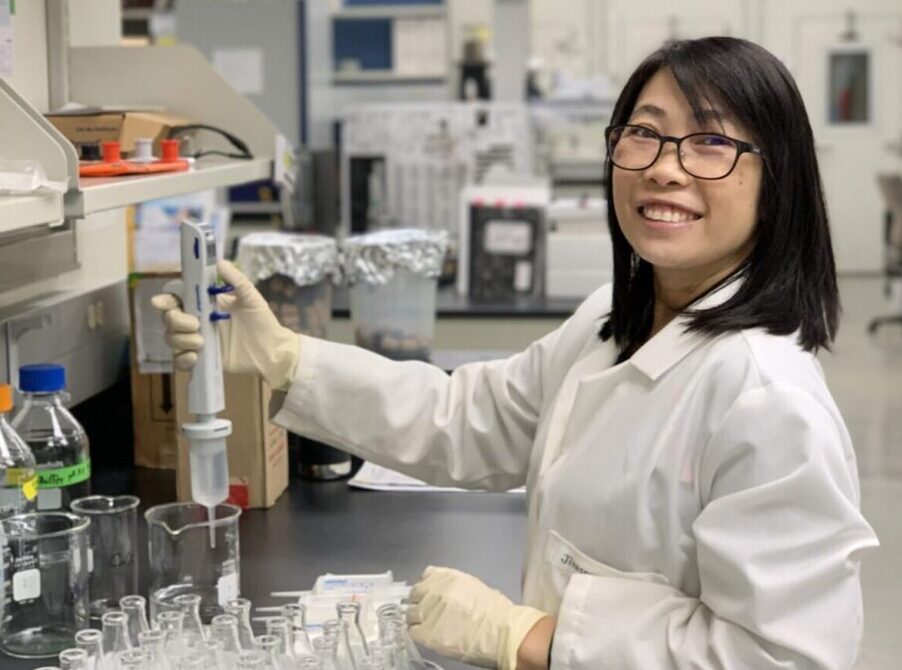
Thailand to U.S., 2019
About
The Fulbright Program is the flagship international academic exchange program sponsored by the United States Government. Fulbright was founded in 1946 with an ambitious goal—to increase mutual understanding and support friendly and peaceful relations between the people of the United States and the people of other countries. Led by the U.S. Government in partnership with more than 160 countries worldwide, Fulbright offers an expansive suite of life-changing international academic and cultural exchange opportunities. Learn more about the Fulbright’s administration, funding, policies, and history.
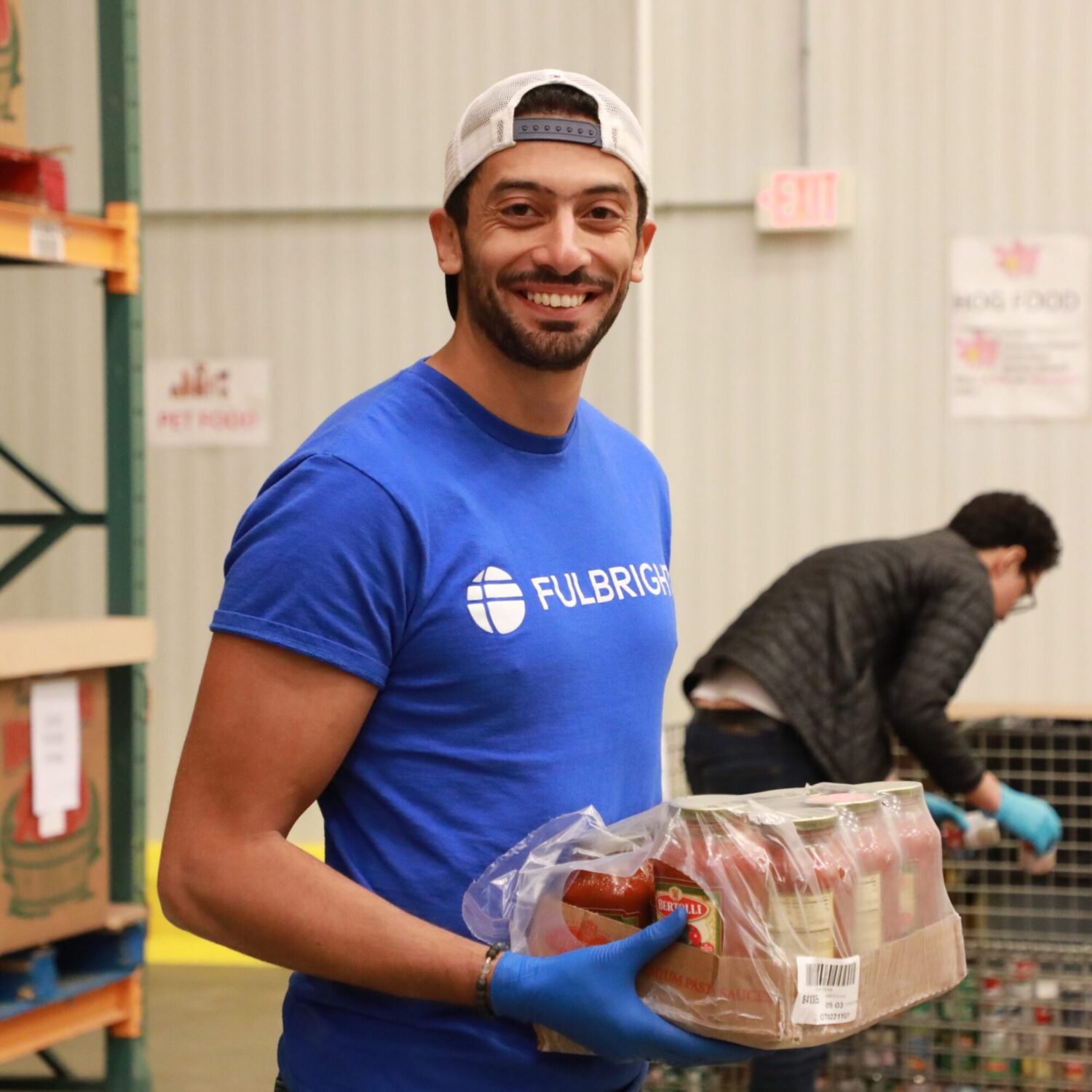
Egypt to U.S., 2019


Fulbright certainly embodies this philosophy of doing interesting and important and impactful work, but also making sure that you share that work with other people.
U.S. to Malaysia and Ecuador, 2016
Fulbright Alumni: Lasting Legacies
More than 400,000 Fulbrighters have made an impact on their communities and the world.
